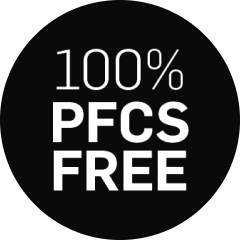
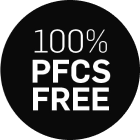
A TOXIN-FREE COLLECTION
100% PFC-FREE
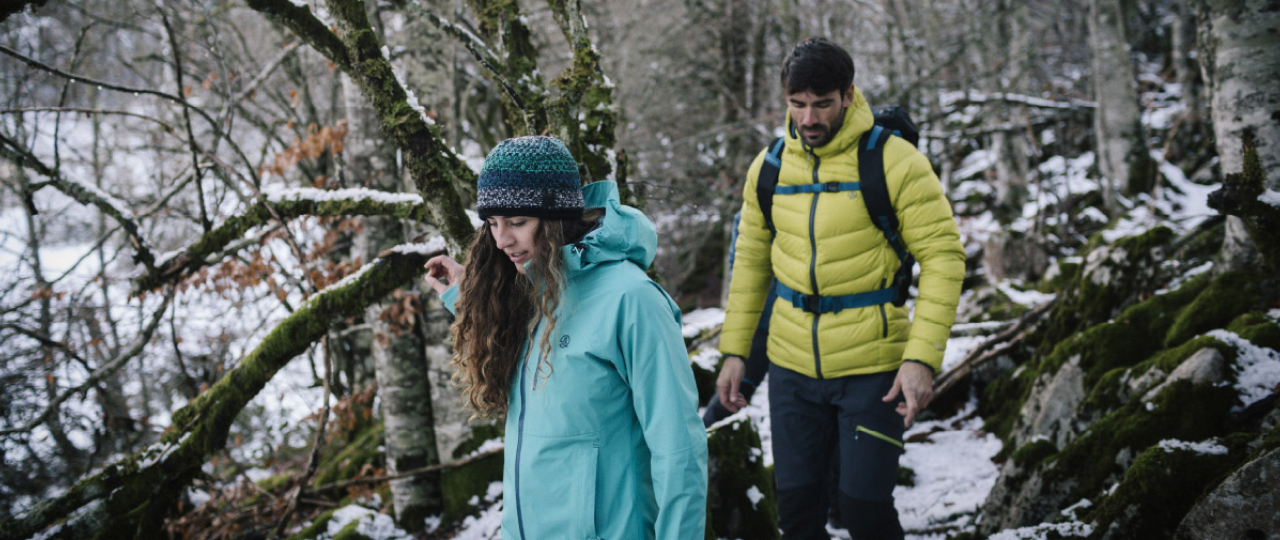
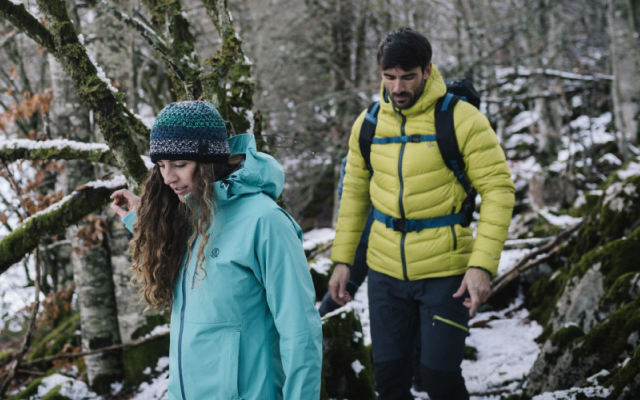
WHAT ARE PFCs?
When someone mentions perfluorocarbons (PFCs), most likely we don’t know what they're talking about. However, these toxic substances are all around us, are found across the planet and are even in our blood. PFCs are synthetic compounds with properties that make them suitable for manufacturing waterproof, non-stick and fireproof materials found in countless everyday products since the 1960s, including outdoor clothing.
The most common PFCs are perfluoroalkyl acids, among which are perfluorooctane sulfonate (PFOS) and perfluorooctanoate (PFOA). Use of these in Europe is regulated owing to how toxic they are. PFOA is no longer used in the USA.
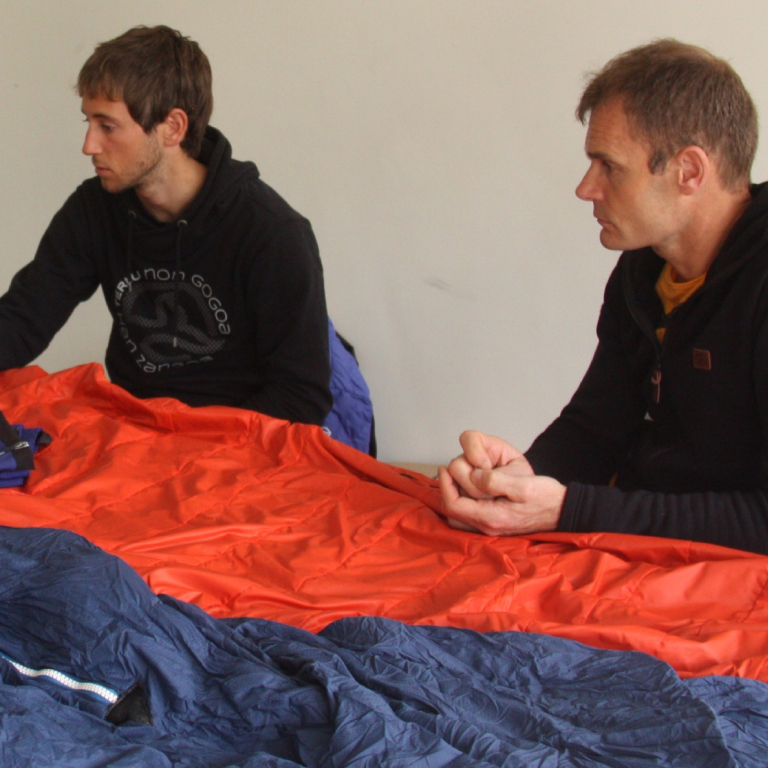
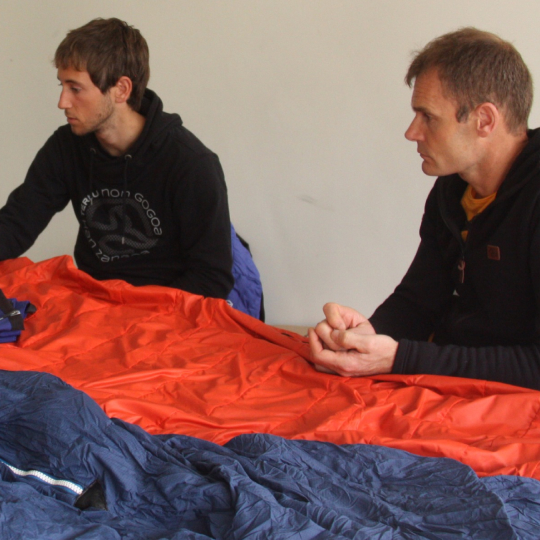


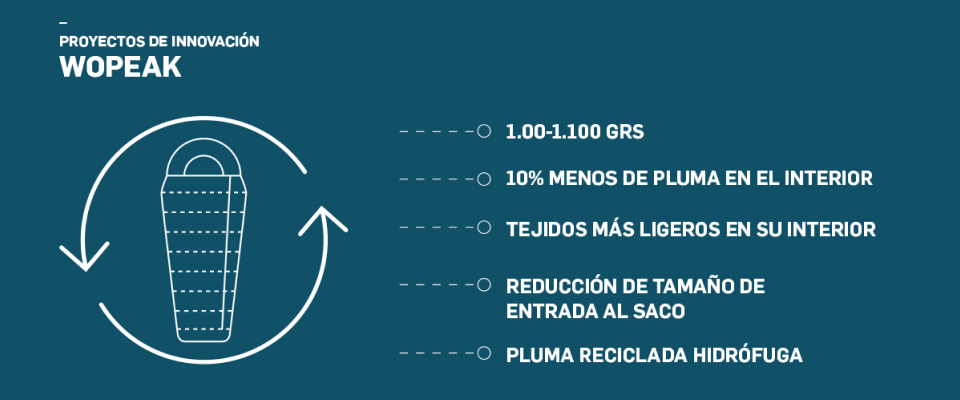
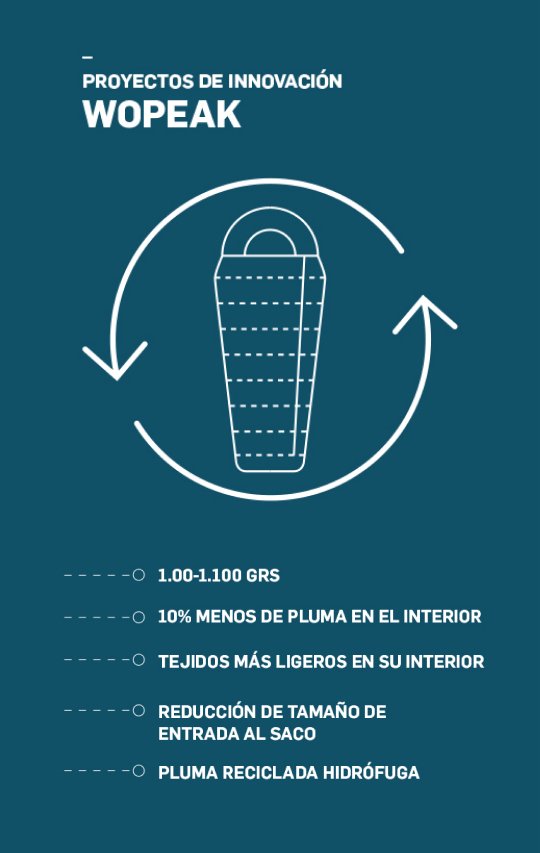
WHY ARE PFCs DANGEROUS?
The problem with PFCs is two-fold. First, they are highly toxic compounds. Small doses can affect our development and our endocrine and reproductive system. They can also wear down the immune system, damage the liver and cause hypothyroidism, high cholesterol and obesity. The second problem is that they don’t break down easily. Greenpeace’s “Leaving Traces” report in early 2016 reported that PFOA in outdoor equipment leeches into ecosystems and causes permanent contamination. PFCs can travel long distances and accumulate in living organisms along the food chain. From there, they can end up in our bloodstream or in the tissues of fish or polar bears.
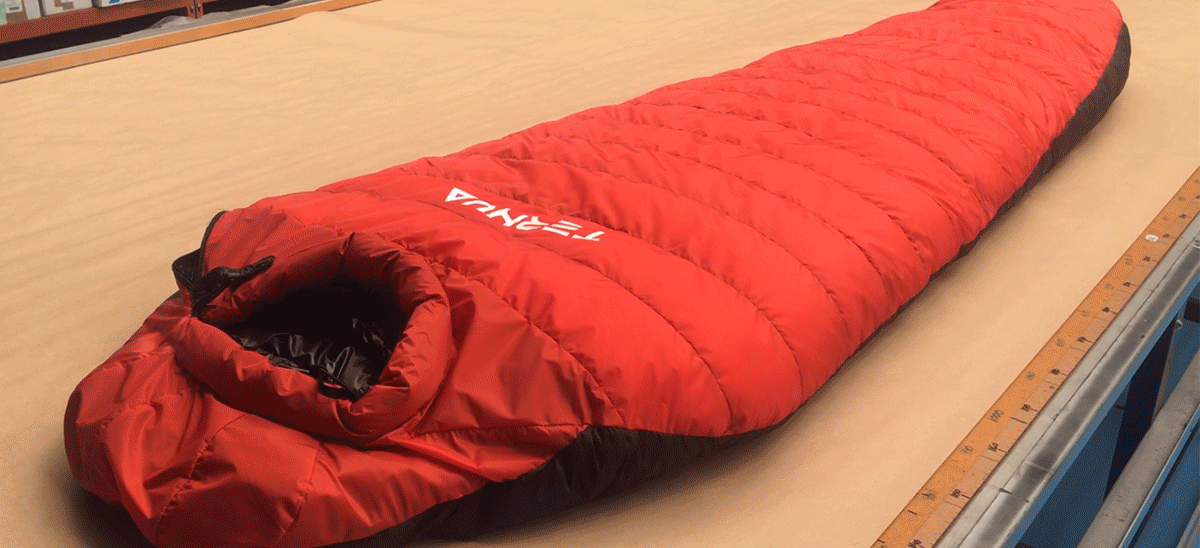

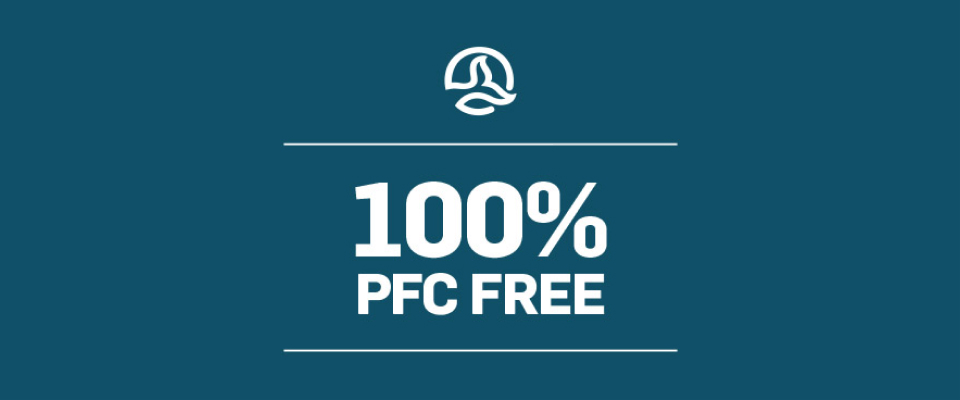
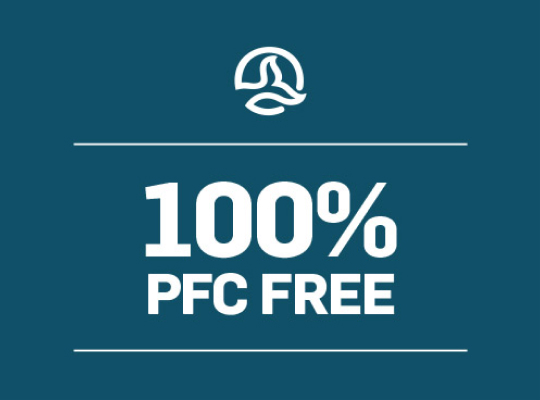
WE HAD TO DO IT: A PFC-FREE COLLECTION
From the very beginning, Ternua made a commitment to sustainability which has driven us to remain open to new ideas and to seek alternative and environmentally-friendly ways of manufacturing our products. That’s why we were the first brand worldwide to use recycled feathers. We work with fabrics made from recycled waste such as plastic bottles, coffee grounds and fishing nets. And, we only use organic cotton grown in fields which respect natural cycles of the earth and which are free from toxic chemicals.
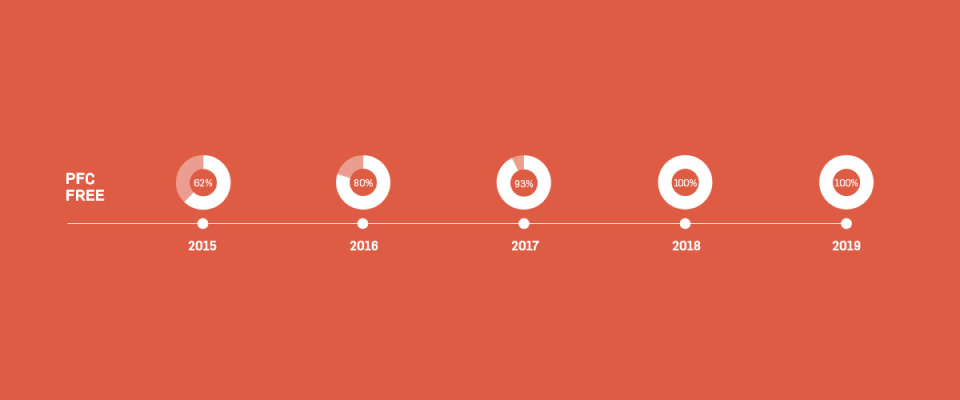
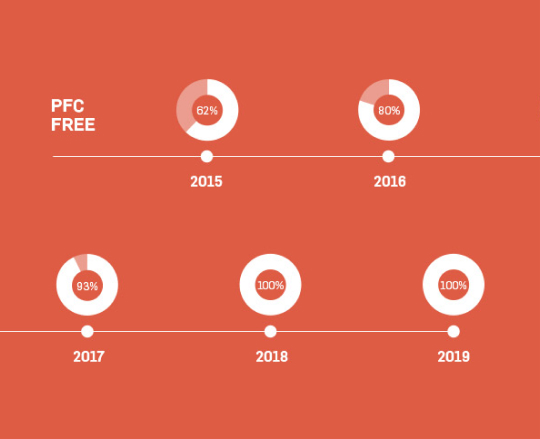
From the very beginning, Ternua made a commitment to sustainability which has driven us to remain open to new ideas and to seek alternative and environmentally-friendly ways of manufacturing our products. That’s why we were the first brand worldwide to use recycled feathers. We work with fabrics made from recycled waste such as plastic bottles, coffee grounds and fishing nets. And, we only use organic cotton grown in fields which respect natural cycles of the earth and which are free from toxic chemicals.
